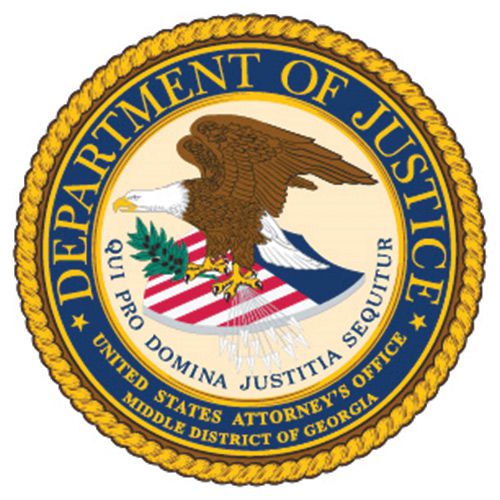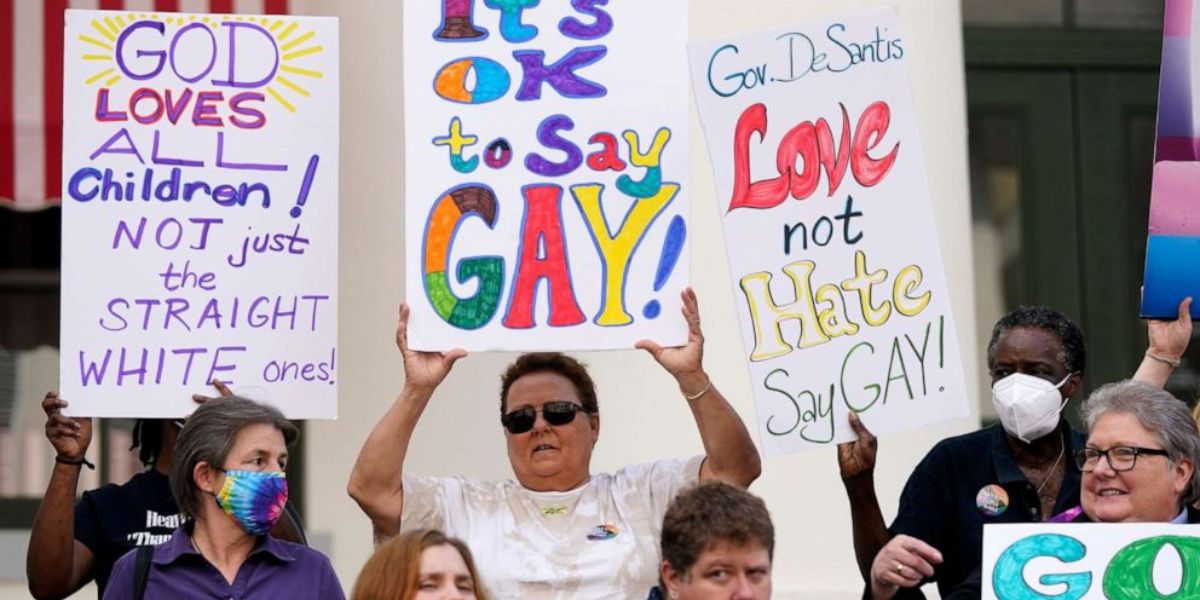Alabama Senate Approves “DON’T SAY GAY” Bill Restricting LGBTQ+ Symbols in Schools
Alabama lawmakers accepted a bill Wednesday prohibiting teachers from displaying LGBTQ+ pride flags on public school grounds and expanding the state’s ban on teacher-led conversations about sexual orientation and gender identity.
The Senate Education Policy Committee approved the House-passed bill 5-2, putting the legislation on track for final passage in the last four days of the parliamentary session. The bill, which has now been sent to the entire Alabama Senate, is part of a nationwide wave of legislation known as “Don’t Say Gay” laws.
The bill would extend current Alabama law, which restricts instruction on sexual orientation and gender identity in elementary school, to the eighth grade. It also prohibits teachers and school personnel from displaying pride flags or other symbols of sexual or gender identity “in a classroom or on the property of a public K-12 school.” Students could show the symbols, but teachers couldn’t.
- Auto Insurance Shopping Rises in Response to Soaring Insurance Rates: Report
- Avoid These 7 Missteps When Refinancing to a Lower Mortgage Rate
- Rising Home Prices Amid Slight Mortgage Rate Dip: Analysis
- Fresno County’s Groundbreaking Initiative: $500 Monthly Payments in New Guaranteed Income Program, Here is Who is Eligible
- Unlocking Financial Freedom: 5 Reasons to Opt for Personal Loans in Credit Card Debt Repayment
“We’re trying to keep the teacher from doing it because that’s indoctrination,” bill author Republican Rep. Mack Butler told the committee. “We just want to let children be children.” Opponents questioned the legitimacy of the planned ban on pride flags, claiming it sends a message to LGBTQ+ families, kids, and instructors that they do not belong in the state.
Sen. Rodger Smitherman, a member of the committee, predicted that the prohibition would be declared unlawful. “You cannot remove a bumper sticker from someone’s car simply because it says so, and you cannot remove a bumper sticker with Auburn or Alabama on it. You cannot do that. Smitherman, a Democrat from Birmingham, remarked, “The law will not allow it.”
- Will Everyone Get a $12,000 Stimulus Check in 2024? Find Out Eligibility
- $6400 Stimulus Checks in 2024: What You Need to Know About Eligibility and Payment Dates
- IRS 4th Stimulus Check 2024: Comprehensive Guide to Eligibility and Payment Dates
- 3 Smart Moves to Make Once Your Savings Reach $50,000, Here Are Crucial Actions to Take
- 3 Effective Ways to Pay Off Student Loans on a $50K Salary or Less, Know Here!
Butler stated that the objective is to prohibit pride flags from being exhibited in schools and that bumper stickers will be unaffected. However, at least one committee member pointed out that the law stated that the prohibition included the “property” of a public school.
“LGBTQ children and families cannot be legislated out of existence, but they can suffer harm. “Trying to deny their existence through eighth grade harms not only them, but all students,” Huntsville resident Susan Stewart told the committee at a public meeting.
Last month, Florida reached an agreement with civil rights advocates who were challenging a similar statute in the state. The settlement states that the Florida legislation does not restrict the mention of LGBTQ+ people or the establishment of Gay-Straight Alliance groups, and it does not apply to library materials not used for classroom instruction.
The Florida law became a model for other states. Alabama, Arkansas, Indiana, Iowa, Kentucky, and North Carolina all implemented identical measures.











